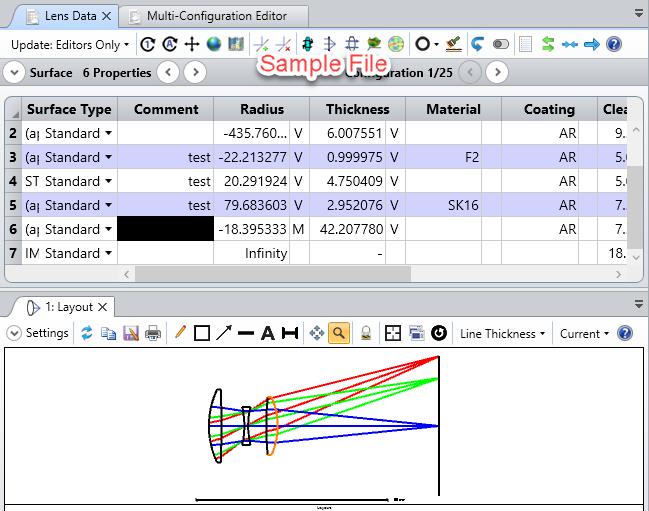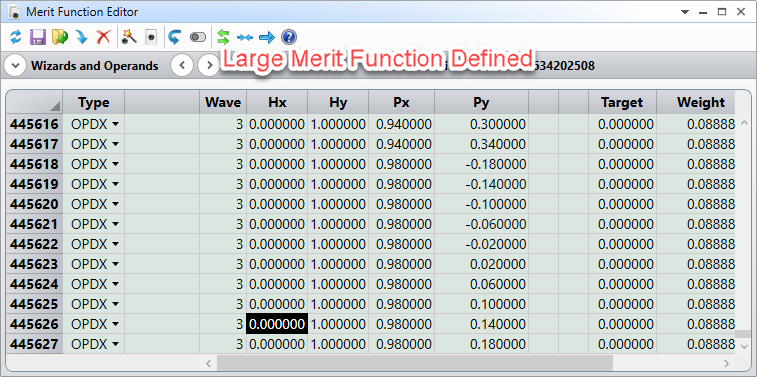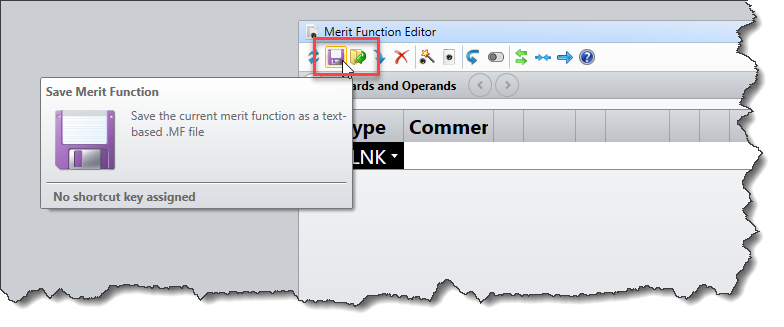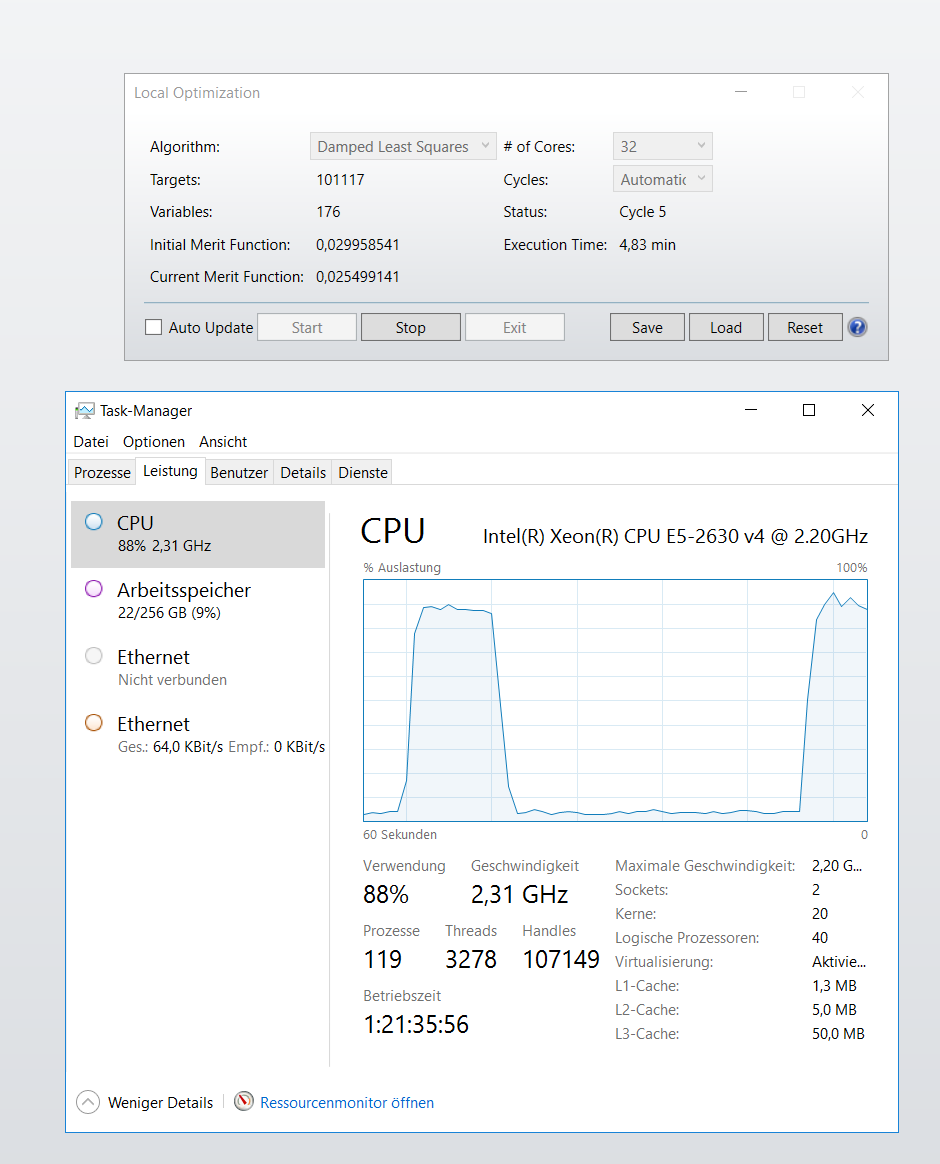I am using a sequential Zemax file with 22 configurations and therefore a huge Merit function.
I am using a Workstation with a 20core (physical, 40core virtual) CPU which is used at 1-3%
Only a few percent of the 160GB RAM are used.
Every action in the UI is mindbogglingly slow. Changing a single value in the Merit function needs about 10 seconds.
I have change everything mentioned here:
https://my.zemax.com/en-US/Knowledge-Base/kb-article/?ka=KA-01332
But it does not help.











